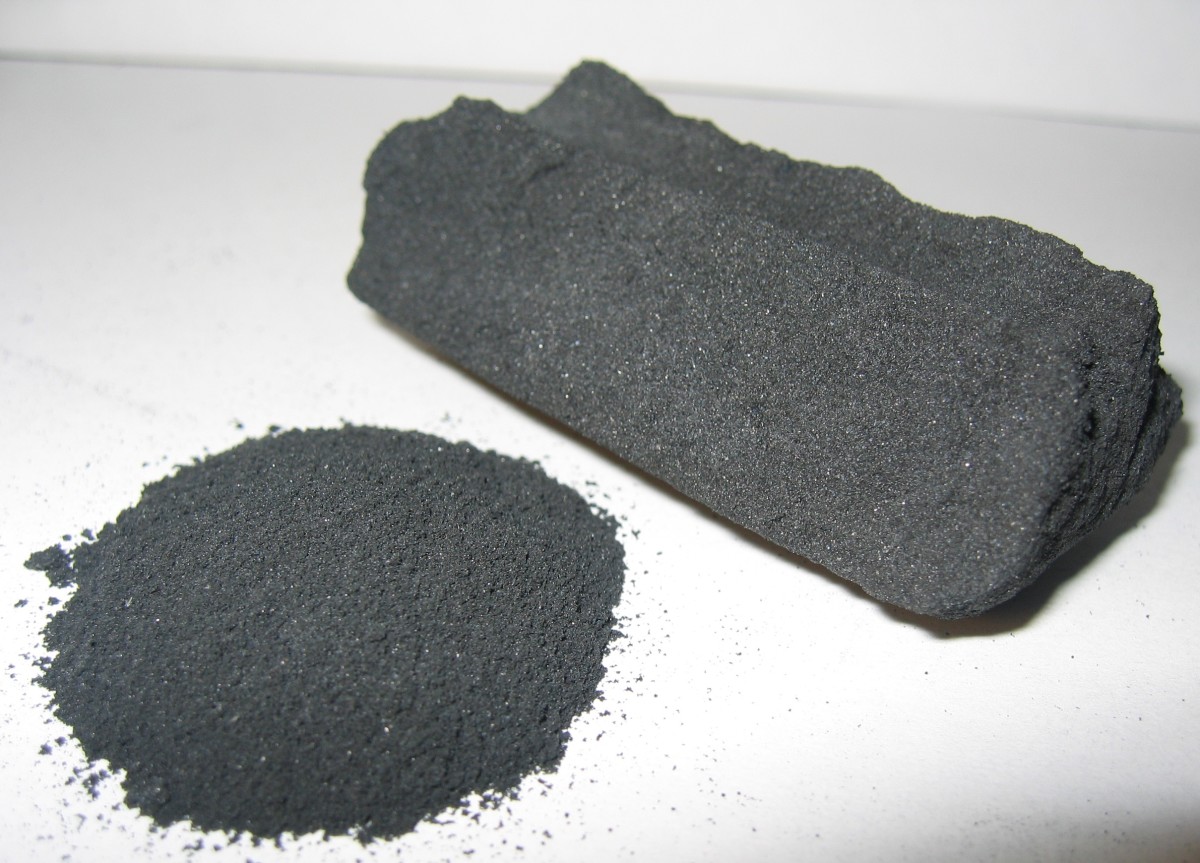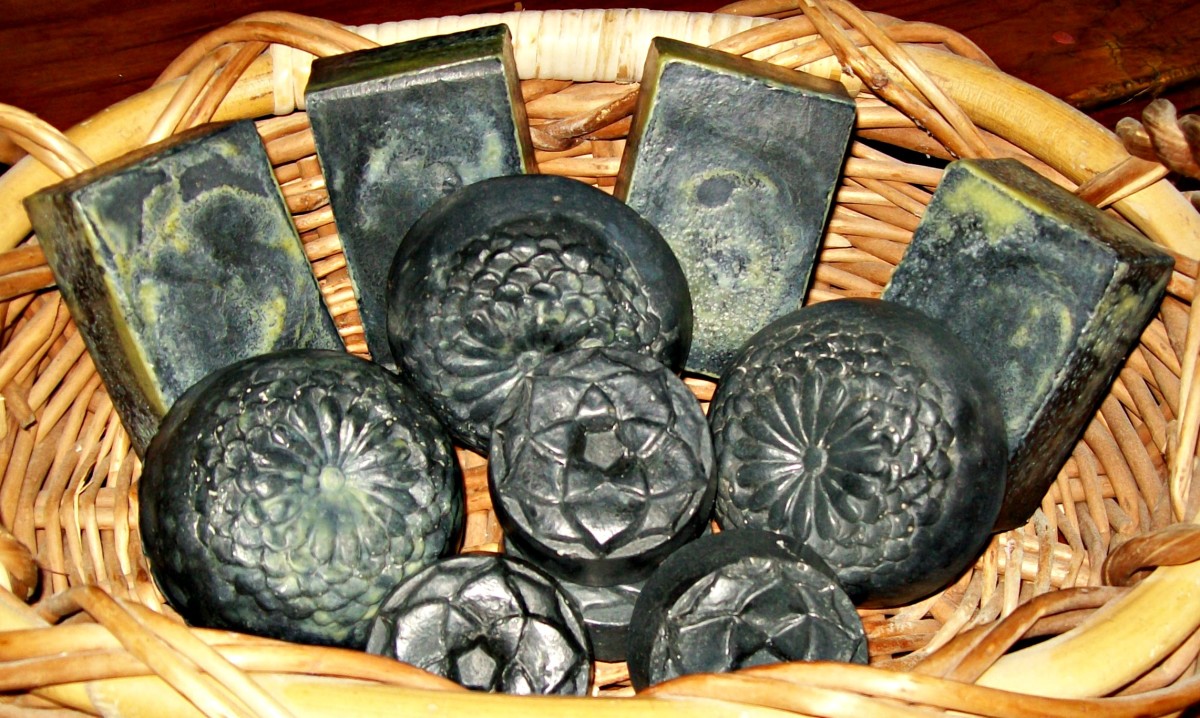Medicinal Benefits of Using Activated Charcoal
Charcoal
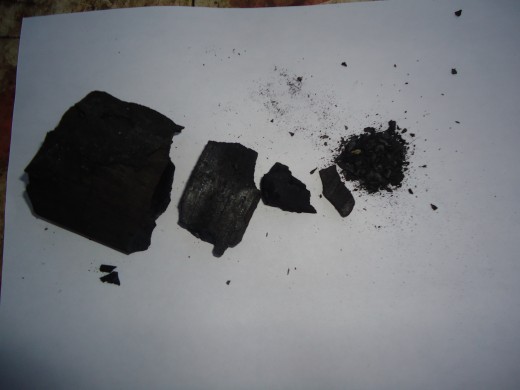
What is Activated Charcoal and how does it Work?
Activated charcoal is a fine black odorless, tasteless, nontoxic powder that is made from wood and other vegetable related materials including coconut shell. The charcoal is activated when it is given an oxygen treatment, causing it to become highly porous, increasing its absorption properties. This charcoal is then used to absorb odorous substances or colored substances from gases or liquids. Charcoal is activated by simply crushing the block or piece of coal into powder.
Have you or anyone you know ever ingested a toxic substance or had a drug overdose and had to be rushed for medical aide? Chances are the arresting substance that was administered was activated charcoal. It is an emergency de-contaminant used to trap and absorb poisonous substances in the gastrointestinal tract. The tiny holes that open up in the charcoal after it is treated with oxygen increases its surface area to 300-2,000 m2/g. This allows liquids or gas to pass through the charcoal where a chemical reaction takes place. The porous carbon attracts other carbon-based impurities as the liquid or gas passes through, and traps them. This allows the carbon to absorb the impurities so that it is not passed on to the body where it would be absorbed instead.
Activated charcoal is widely regarded as the most effective agent available for this purpose, and is widely used to address almost any toxic poisoning. Just like many other medical agents, activated charcoal does have its limitations. It filters and removes certain impurities while it ignore others. There are many chemicals that are not attracted to the carbon atoms, and will filter through to the body. These include sodium and nitrates. Once the carbon activated filter is filled it will no longer be effective and must be replaced.
Other Uses of Activated Charcoal
- Activated charcoal is used for other purposes such as:
- Lowering cholesterol
- Detoxification
- Air and water filters
- Alleviate flatulence (bloating and gas)
- Prevent hangovers
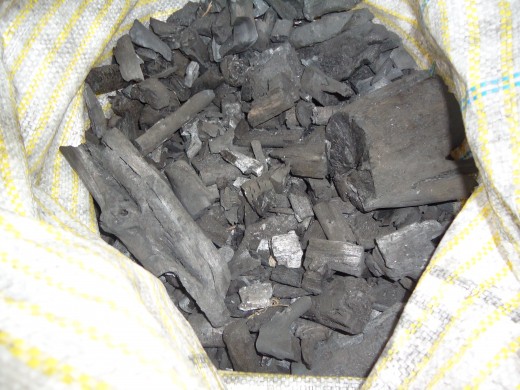
History of Activated Charcoal in Medicine
M. Bertrand (a French chemist) was the first to perform a daring experiment on himself to demonstrate the effectiveness of charcoal to absorb poison. In 1813 he ingested a lethal dose of the poison arsenic after mixing it with activated charcoal. He survived his experiment. Professor Touery was to repeat a similar demonstration 18 years later in 1831 at the French Academy of Medicine, when in the presence of his colleagues, the professor downed a mixture of activated charcoal and 15 grams of the deadly poison strychnine. Strychnine is a poison that can be fatal to humans if ingested, inhaled or absorbed through the eyes and mouth, and can cause adverse health effects. He too survived this demonstration.
Charcoal
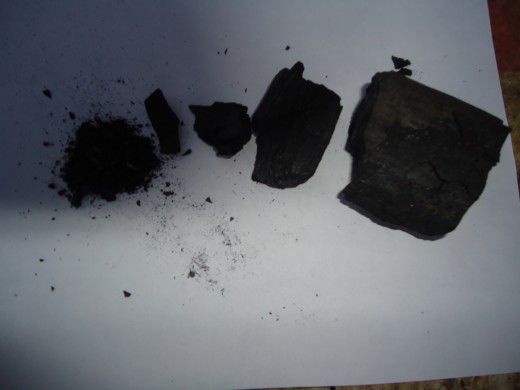
Facts about Activated Charcoal
Activated charcoal is the treatment of choice for most emergency responses to poisoning and drug overdose.
- It is estimated that activated charcoal reduces the absorption of poisonous substances by up to 60%.
- Activated charcoal reduces the toxicity of other chemicals by absorbing the carbon impurities in them.
- Activated charcoal is usually administered after the stomach has been pumped. Pumping the stomach or gastric lavage is effective only if it is done immediately after the toxic substance is swallowed or within approximately one-half hour.
- Charcoal is not digested. It stays in the GI tract and works at eliminating the toxins during a bowel movement.
- The surface area of 50 gram of activated charcoal is equivalent to 10 football fields.
- Activated charcoal is often mixed with sorbitol to allow it to pass through the GI system faster, and prevent constipation. Sorbitol is a laxative for stimulating bowel movements.
- Activated charcoal also absorbs nutrients, minerals and vitamins, but this is not of a huge concern when used for short-term treatment such as poisoning.
- Activated charcoal is widely used ii products for colon cleansing, and is available in both liquid and powder form. It must be taken with a lot of water to prevent constipation or intestinal obstruction.
- 1 gram of activated charcoal is equivalent to approximately the size of a large pill.
Contraindications/Side Effects
- Activated charcoal should not be administered to pregnant women or nursing mother, and elderly individuals.
- May induce vomiting, cause diarrhea, constipation, nausea and abdominal discomfort. It can also cause the feaces to turn black.
- Should not be used with other medicines or nutritional supplements. It can bind these substances just as it binds toxins.
Activated charcoal is no doubt a very effective powder used to combat poisoning, but it should only be administered by a doctor, and even when it is prescribed for emergency use in the home, care should be taken that the guidelines are adhered to as much as possible. The dosage is determined per individual based on factors such as weight and the amounted of poison ingested. Children are administered special doses.
© 2012 Althea Reader

